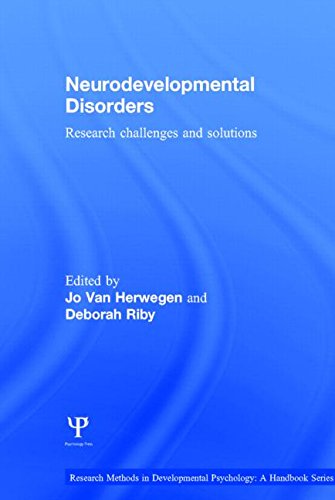

Most ebook files are in PDF format, so you can easily read them using various software such as Foxit Reader or directly on the Google Chrome browser.
Some ebook files are released by publishers in other formats such as .awz, .mobi, .epub, .fb2, etc. You may need to install specific software to read these formats on mobile/PC, such as Calibre.
Please read the tutorial at this link: https://ebookbell.com/faq
We offer FREE conversion to the popular formats you request; however, this may take some time. Therefore, right after payment, please email us, and we will try to provide the service as quickly as possible.
For some exceptional file formats or broken links (if any), please refrain from opening any disputes. Instead, email us first, and we will try to assist within a maximum of 6 hours.
EbookBell Team

0.0
0 reviewsInterest in the field of neurodevelopmental disorders has grown exponentially in recent years across a range of disciplines, including psychology, psychiatry, education and neuroscience. The research itself has become more sophisticated, using multidisciplinary methods to probe interdisciplinary questions. Neurodevelopmental Disorders: Research Challenges and Solutions provides a thorough overview of the key issues involved in researching neurodevelopmental disorders.
The volume includes 14 chapters, arranged over three sections. Chapters in the first section address general research challenges for the study of neurodevelopmental disorders. The second section draws upon specific disorders (such as Williams syndrome, Autism Spectrum Disorders, Down Syndrome, Fragile X Syndrome, ADHD, and Language Disorders) to consider the syndrome-specific issues or challenges that may be crucial to advancing our understanding of aspects of cognition and behavior associated with them. The final section considers how research evidence may be translated into practice to begin making an impact upon the lives of individuals who have neurodevelopmental disorders and their families. Each chapter in the book also includes ‘practical tips’ for either conducting research with individuals who have neurodevelopmental disorders or considering wider practical issues.
The book will be indispensable reading for advanced students, researchers, and practitioners in the fields of developmental psychology, developmental psychopathology, special needs education, neuropsychology, and neurodevelopmental disorders.